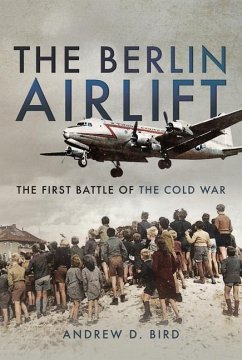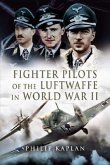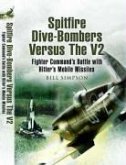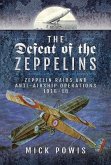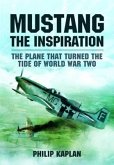It was a time of high drama. The tension mounting with each passing day, with each new restriction, each demonstration of strength. Berlin was the battleground, located within the Soviet sector of Occupied Germany. The Western Allies were determined to maintain their rights of access to the German capital; the Soviets were equally determined to isolate Berlin. The result was that in the summer of 1948 the Soviets severed all over-ground links. This meant the only way by which the Allies could to deliver the vital supplies of food and fuel to the beleaguered Berliners was by air. So began the greatest logistical air operation in history. On 24 June 1948, the Berlin airlift began. Aircrews from the USAF, RAF, Royal Canadian Air Force, Royal Australian Air Force, Royal New Zealand Air Force and South African Air Force flew more than 1,500 flights every twenty-four hours, delivering up to 8,893 tons of necessities each day. As it became clear that the Allies were both willing and able to continue the airlift indefinitely, in the spring of 1949 the Soviets announced that they were prepared to negotiate an end to the blockade of Berlin. It was finally lifted on 12 May that year. In total 2,326,406 tons of materials and products were delivered to Berlin on 278,228 flights. Some 692 aircraft were engaged in the Berlin Airlift, more than 100 of which belonged to civilian operators, flying nineteen different types of aircraft, including flying boats which landed on Berlin's Spree and Havel rivers. The result of the Soviet blockade was the formation of the state of West Germany, and the introduction of its new currency, the Deutschmark.

